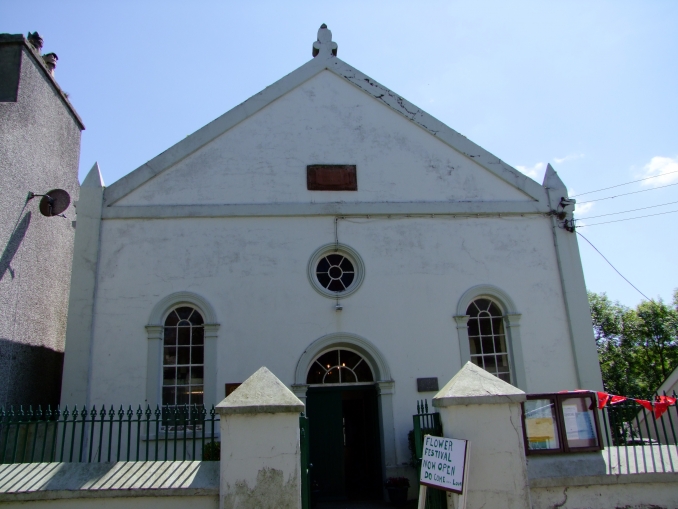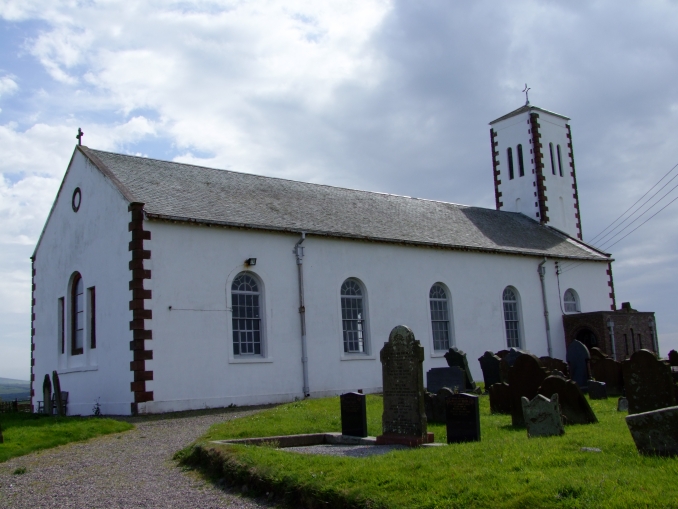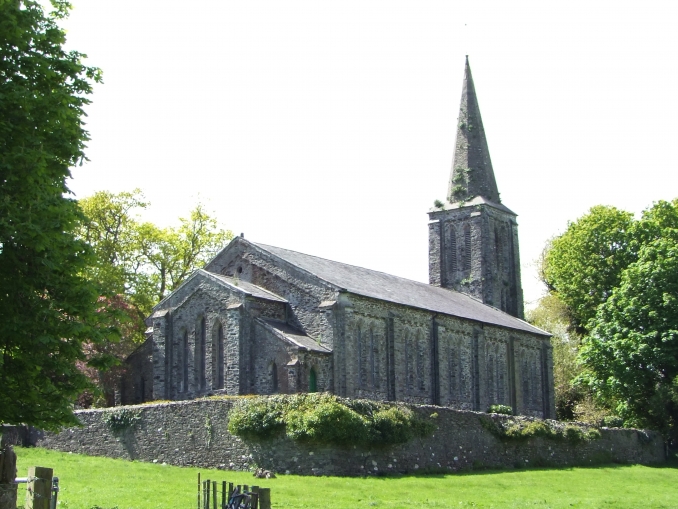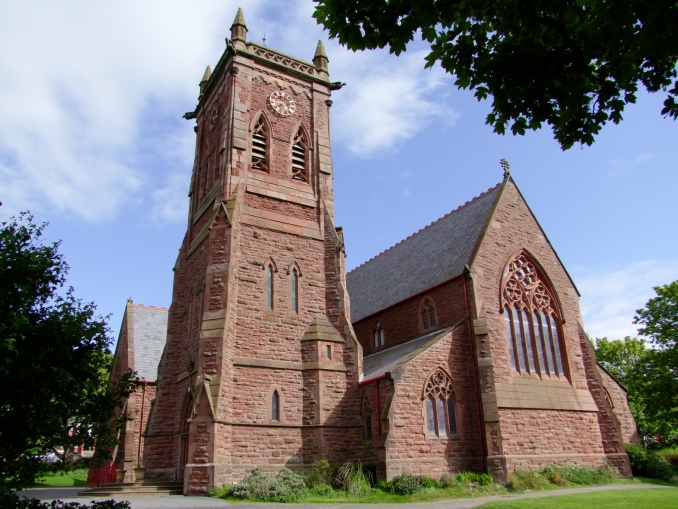Isle of Man: Can Victorian Churches on the Isle of Man Survive the 21st Century?
With recent announcements that some of the Island's churches are under threat of closure, it was timely that the Isle of Man Victorian Society should invite Tom Ashley, Churches Conservation Adviser of the UK Victorian Society, to speak on this subject.
The topic attracted a large number of people concerned by the rapid escalation of closures, which has also affected the UK, bringing into focus the major issues which each denomination has had to face in recent years.
After introductions by Robert Stimpson and Peter Kelly of the Isle of Man Victorian Society, Tom Ashley gave his illustrated lecture, focusing on a selection of churches in the UK which have faced closure, internal re-organisation, transformation into residential accommodation or demolition.
Most of his work relates to Anglican buildings and where possible the UK Victorian Society has assisted with some of their needs, together with the Church Conservation Trust, but clearly it's an uphill battle as more of them become redundant to a community's needs.
With attendances falling, the need to save them is universally acknowledged, but the question is how this can be achieved to the satisfaction of everyone.
The number of churches facing these issues is likely to increase, but how do we stop the decay which pushes up repair costs and ultimately closes the doors to parishioners and well-wishers alike?
In some areas the church building has become an important focal point for the community, but Tom Ashley believes that removing internal furnishings strips it of its interest, with modernisation sometimes pursued insensitively. He's also concerned with the fate of some of the architectural work, whose importance can be dismissed because their maker didn't become famous in their chosen profession.
He presented examples of churches which had made sensitive transitions, but equally many that didn't.
Occasionally items may be put into temporary storage, but never see the light of day.
Change in this area is inevitable, but Tom Ashley questioned whether we are limiting flexibility if we don't change, and if flexibility is their best hope for the future? Pews and rood screens are particularly under threat at such times, along with original fonts, which may be destroyed as they cannot be used for any other purpose, and sometimes pulpits.
Audio equipment and modern day heating requirements also challenge the internal structure, along with the need for kitchens, toilets, offices and extensions.
Tom Ashley enquired of his audience whether they do want the Island's churches to survive, and if they did, he had a number of innovative suggestions as to how this could be achieved.
He thinks that we should at the very least listen to each other, co-operate and above all be reasonable, pushing for appropriate schemes and allowing for constructive criticism.
Regardless of whether, or not, we participate in religion, Tom Ashley suggests that we see churches as belonging to everyone, perhaps contributing in small ways, and wherever possible return them to their community.
Despite this, however, he does have some sympathy with vicars hit by protests when change is mooted.
A question and answer session after the lecture included contributions from Speaker of the House of Keys Steve Rodan MHK and Robert Paterson, Bishop of Sodor and Mann.
Tom Ashley was thanked for his contribution by Peter Kelly before being presented with a copy of the book Churches of Mann.
The venue, St Mary's Church in Douglas, was provided by kind permission of Canon Gillespie.
Valerie Caine
© May 2015




- Valerie Caine's blog
- Log in to post comments





